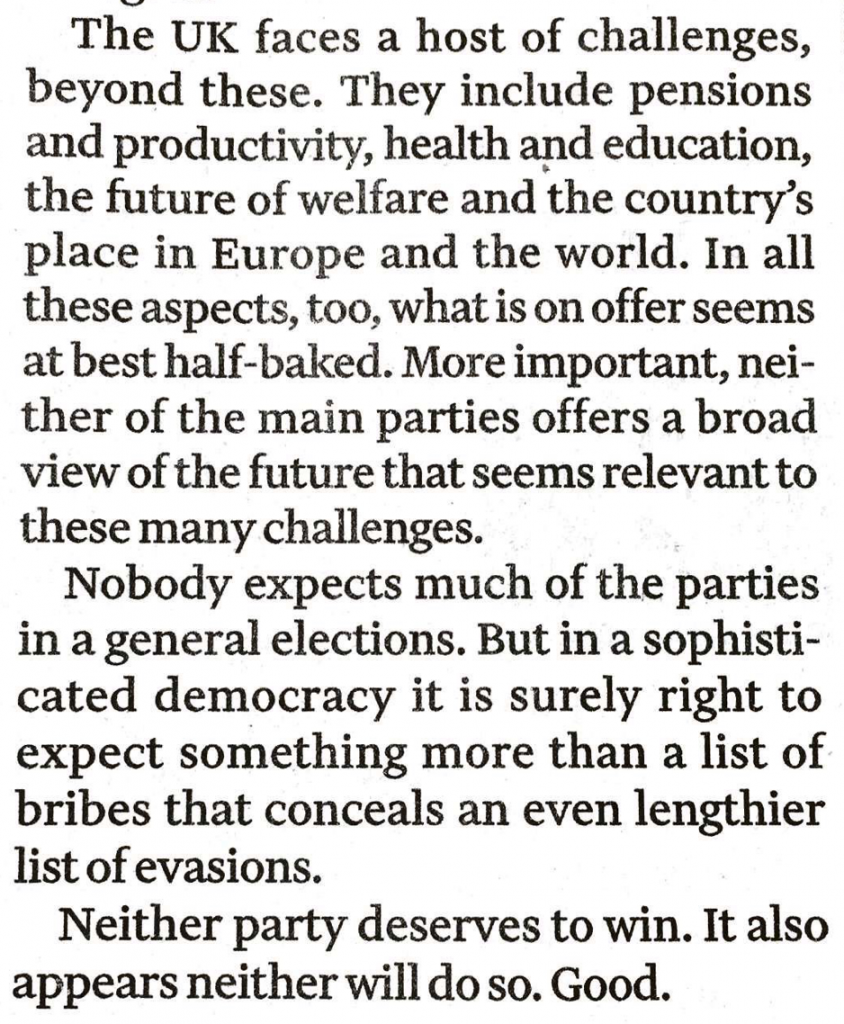This morning’s Observer column:
The power of magical thinking – the notion that you can make something happen merely by thinking about it – has been much in evidence in the current election campaign. And that’s not entirely surprising, because as politicians get desperate, rationality goes out of the window. What is surprising, however, is when high government officials – for example, heads of intelligence and law-enforcement agencies – begin to show clear signs of the syndrome.
Exhibit A in this respect is James Comey, the current director of the FBI. Mr Comey has become so exercised by the decisions of Apple and Google to implement strong encryption in their devices and services that he appears to have lost his marbles. “I am a huge believer in the rule of law,” he told reporters last September, “but I am also a believer that no one in this country is above the law. What concerns me about this is companies marketing something expressly to allow people to place themselves above the law.”
It’s good to know that the FBI director believes that nobody should be above the law. Except, of course, for his colleague, the former NSA director, James Clapper, who lied under oath to the US Congress about the existence of bulk data collection programs and yet remains at large. But we will let that pass: after all, as Oscar Wilde observed, consistency is the last refuge of the unimaginative, and Mr Comey is nothing if not imaginative….



